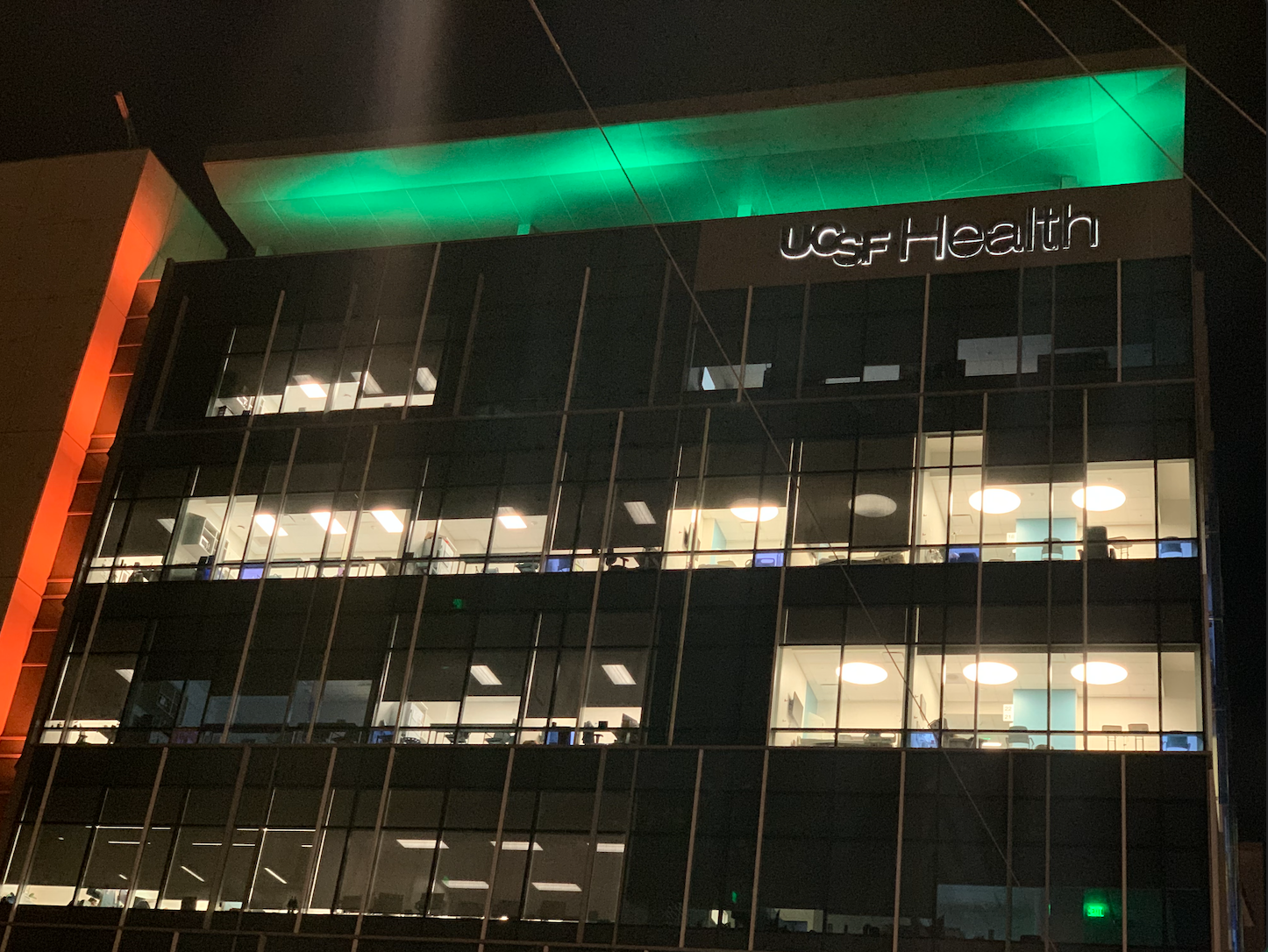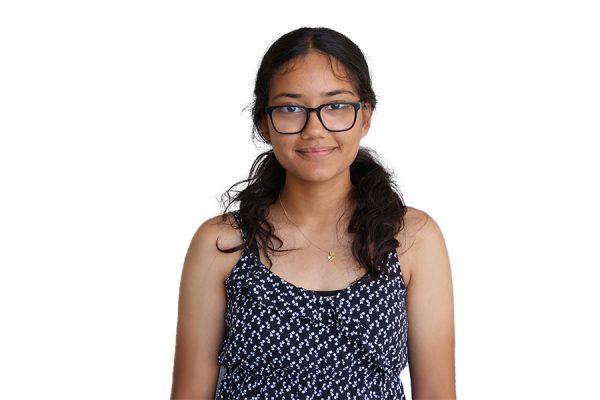Dr. Danielle Walsh saw a teenager die in front of her own eyes.
Walsh is a surgeon, and that teenager happened to be one of her patients who was born with a congenital disability that worsened as the girl grew.
The girl passed away suddenly one day as Walsh was performing a procedure on her, leaving Walsh to contemplate her decision to become a surgeon in the first place.
“Children bring a different perspective in dealing with death. In general, the world views them as innocent. We see the loss of a child as a loss of an opportunity for someone to experience a full life,” Walsh said. “Losing this patient was extremely difficult. I wondered, ‘If being a surgeon is so painful, why am I doing it?’ But, at the girl’s funeral, the girl’s mother said, ‘I hope you don’t give up,’ which reassured me to keep going.”
And she is far from alone.
Dr. Ann Vosti was working in urgent care one evening when a patient came in throwing up blood and ended up dying in urgent care. She says it was disturbing even to be there to witness that.
Joe DeLory, a retired emergency medical technician (EMT), coped with the deaths of patients by forcing himself to detach from them altogether. He prayed, cried when he could, developed a bit of dark humor, and created a support group with the other EMTs he worked with.
Healthcare workers face the deaths of patients daily. Despite this, however, the grief they face is not commonly given attention.
According to a study published in The Surgeon, research shows that in 2011, the mortality rate in surgical procedures was 0.71%. Geoffrey Dobson, a professor at James Cook University, found an average of 310 million surgeries are performed yearly, meaning that almost 2.3 million people died in or from surgery that year.
These deaths left psychological marks on those who performed the surgeries.
“Once, I was called to help someone who was having trouble breathing,” Vosti said. “He was so agitated, he kept trying to get out of bed, and I had to hold him. I felt sad that he had to die in such a scary way.”
No matter how many deaths healthcare workers face, they never get any easier.
“On a rotation in the intensive care unit (ICU), we had a patient that had to be taken off life support because she would never recover,” Vosti said. “I remember watching the electrocardiogram (EKG) flatten.”
A study by Paediatrics Child Health shows that doctors are subject to mainly feelings of guilt, sadness, and stress when faced with the death of a patient. And for most healthcare workers, the deaths of young patients hurt much more than those of older patients.
“As physicians, we all lose patients,” Vosti said. “In the emergency room (ER), when dealing with trauma cases, patients don’t always survive. With younger patients, it is more distressing.”
The death of a young patient causes pain and distress. Healthcare workers experience, among other feelings, stress, sadness, and recurring thoughts of the dying patient.
While many of these healthcare workers actively seek support from their colleagues and those close to them, doctors tend to grieve mostly by themselves.
Brittney Foster, a lead paramedic, says she doesn’t know a single paramedic who has been working for over a year and hasn’t experienced the death of a patient.
“Getting the call that a patient has passed is a call I dread responding to, and it’s certainly a call where going home or back to work afterward seems nearly impossible,” Foster said. “Personally, I do a lot of physical exercise after a hard day at work. I’ll go to the gym, go out for a run, a long walk, or something that keeps me active.”
Joyce University of Nursing & Health Sciences teaches its students to cope with patient deaths by actively separating their work and personal lives. They remind healthcare workers that no matter how close they were to their patients, that is their work, not their life, and feelings of guilt show that they did their job well.
Suppressing emotions can be psychologically damaging; instead, students are taught to talk about their feelings with colleagues.
“I do talk about the death of a patient sometimes,” Foster said. “Not to my kids, but I have a husband who listens to me, and my best friend who lives with us is a paramedic. They both understand what I see, and both are always willing to listen when I need to talk or cry.”
Learning from mistakes but not blaming oneself for what happened is vital, as well as remembering that the death of a patient is not a failure and does not always signal the end of the patient’s care; the patient’s family remains to be taken care of.
“I don’t drink to handle my emotions,” Foster said. “It’s not always easy. For myself, I have to admit what has happened and what the outcome was, even if it’s the outcome I hoped wouldn’t become a reality.”
While dealing with the grief of losing a patient is one of the hardest parts of working in healthcare, it is no reason to shy away from entering the industry.
“Dealing with the losses of patients is part of the job. It’s not the best part, but this is what I signed up for,” Foster said.
Being a healthcare worker requires more than just academic success; it also requires mental fortitude, an aspect of the industry that is not commonly discussed.
“Being a physician is both a science and an art,” Vosti said. “One can hide behind the science so as not to connect with patients. Sometimes, physicians just blast out numbers and statistics, making them sound smart, and maybe those types of doctors come off as ‘cold’ or ‘uncaring.’”
But despite its challenges, being a healthcare professional and forming a bond with patients offers its own unique benefits.
“It can be so rewarding to make a connection to patients,” Vosti said. “When a patient says, ‘Thank you,’ or ‘I feel better now,’ – that makes all the difference.”



